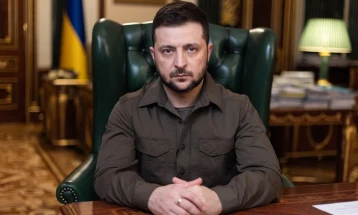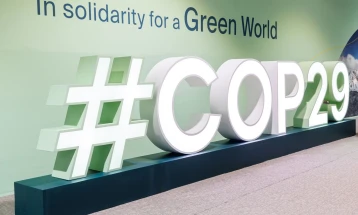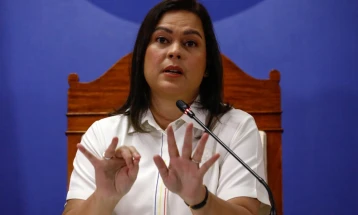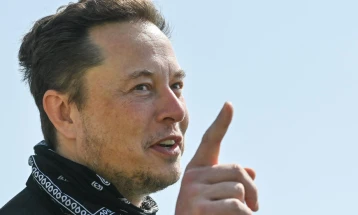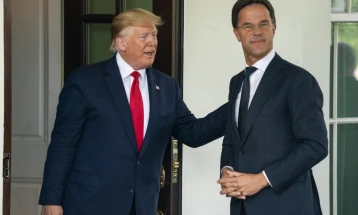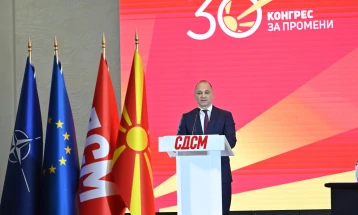Former German chancellor Merkel sought to slow Ukraine's NATO bid
- Former German chancellor Angela Merkel sought to slow Ukraine's push for swift NATO membership during her time in office, citing concerns over potential Russian military retaliation, according to an excerpt from her upcoming memoirs shared in advance by newspaper Die Zeit.
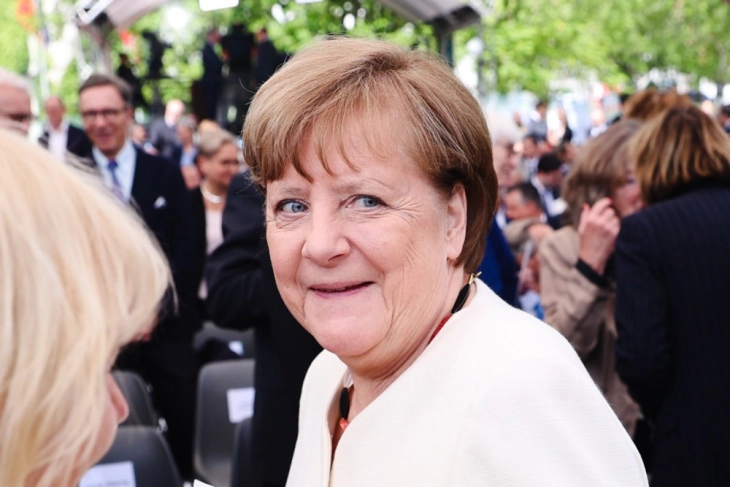
Berlin, 21 November 2024 (dpa/MIA) - Former German chancellor Angela Merkel sought to slow Ukraine's push for swift NATO membership during her time in office, citing concerns over potential Russian military retaliation, according to an excerpt from her upcoming memoirs shared in advance by newspaper Die Zeit.
The memoirs, titled "Freedom. Memories 1954 - 2021," are set to be released on Tuesday.
In the book, the former leader of Germany's conservative Christian Democratic Union reflects on the key 2008 NATO summit in Bucharest, where Ukraine and Georgia's NATO bids were discussed.
Merkel acknowledges the strong desire of Central and Eastern European countries to join NATO quickly but explains that she believed adding new members should improve security not only for those countries but for NATO as a whole.
Merkel expresses particular concern about Ukraine's ties to Russia in the book, specifically the presence of the Russian Black Sea fleet based in the Ukrainian peninsula of Crimea, which Russia later illegally annexed in 2014.
She writes that no previous NATO candidate had faced such a situation and that the complex military entanglements could have posed risks for the alliance.
At the time, she also noted that only a minority of the Ukrainian population supported NATO membership.
Merkel's approach to Ukraine still faces criticism in Kiev.
Merkel also discusses the compromise that was eventually reached, but with significant costs.
The former chancellor writes that the failure to offer Ukraine and Georgia a clear membership action plan was a setback for their aspirations, while NATO's broader promise of future membership for both countries represented a direct challenge to Russian interests, which she viewed as a provocation to President Vladimir Putin.
The book will appear worldwide in over 30 countries, the publisher announced.
Merkel was at the helm of Europe's biggest economy for 16 years between 2005 and 2021. She was also Germany's first female chancellor.
Photo: EPA


